Theme: The Indian Ocean Cultures: Imaginaries of our Times
Venue: Kisumu, Kenya
Date: February 9-11
Since the publication of Paul Gilroy’s The Black Atlantic close to three decades ago, scholarship on the impact of oceanic histories and their cultures continue to yield exciting insights into the socio-economic, political and cultural legacies of trans-oceanic slave trade of the 15th to 19th centuries. At the same time, we are yet to approximate, let at alone settle, the question of how far and how much slavery and slave trade involving Blacks affected and continue to affect our terms of engagements as the human family inhabiting the universe. In all these, oceans, seas and aquatic media generally, remain silent bearers of insightful accounts merely awaiting exploration and interrogation. If Gilroy’s focus blazed the trail while focusing on the Atlantic only, recent scholarship focusing on the Indian Ocean illuminates convergences and divergences of knowledge across different disciplines focusing on the Atlantic, Pacific, and the Caribbean seas, among others. In the eastern African case and its connections with the Indian Ocean, Dan Ojwang’s (2013), (2013) Reading Migration and Culture, Gaurav Desai’s Commerce with the Universe: Africa, India, and the Afrasian Imagination, Kai Krasse’s (2018) Swahili Muslim Publics and Postcolonial Experience, besides other works, allude to a growing interest in the larger space of the Indian Ocean Worlds from literary, sociological, historical, and anthropological standpoints. At the core of these works is a shared concern with how the Indian Ocean occasioned and modulated experiences of separation, cultural and human flows; the traumas of slavery and colonialism, as well as cultural tensions provoked by autochthonic encounters with oriental and western European religious faiths. More recently, there has been a spike in scholarship that celebrates the tenacity of the human spirit, witnessed in cultures of conviviality, music and dance, art, cuisine, sports and other forms of leisure as education and leisure as amusement. It is against this background that a two-day colloquium, dubbed The Indian Ocean Cultures: Imaginaries of our Times, is organized by the Moi University African Cluster Centre. Papers will speak to these and related experiences, and probe these issues in terms of how they beam light on the creative impulse of the Indian Ocean. Some of the guiding questions, by no means exhaustive, include:
o What is the Indian Ocean to us?
o What is Indian about the Indian Ocean?
o How does the Indian Ocean animate the cultures, music, literatures, histories and languages of the Indian Ocean worlds?
o Indian Ocean diasporas

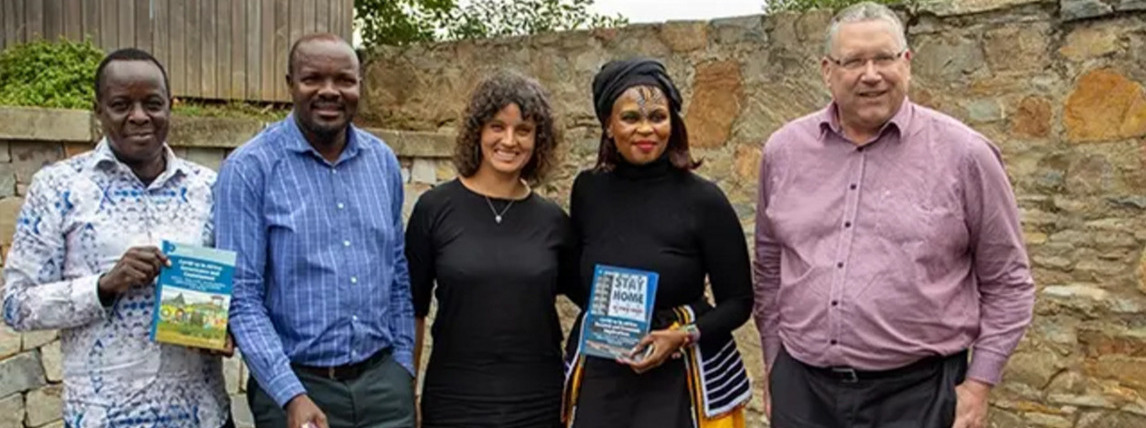
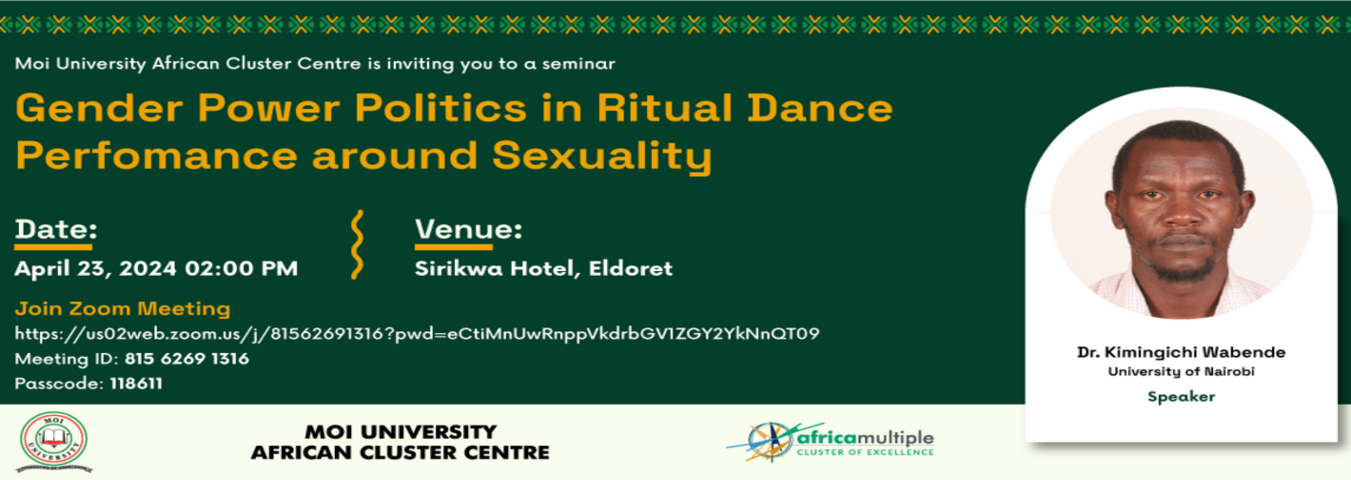
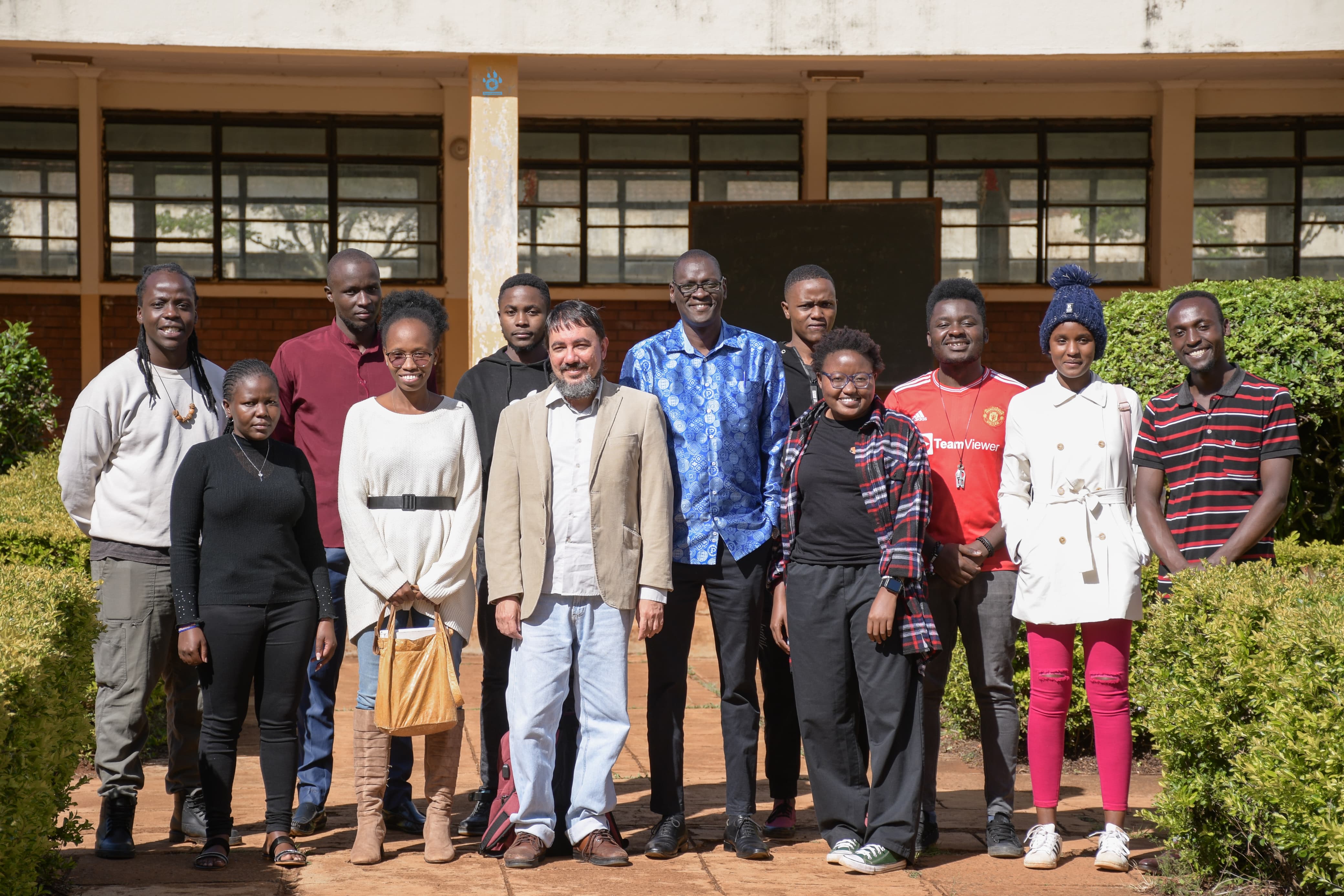

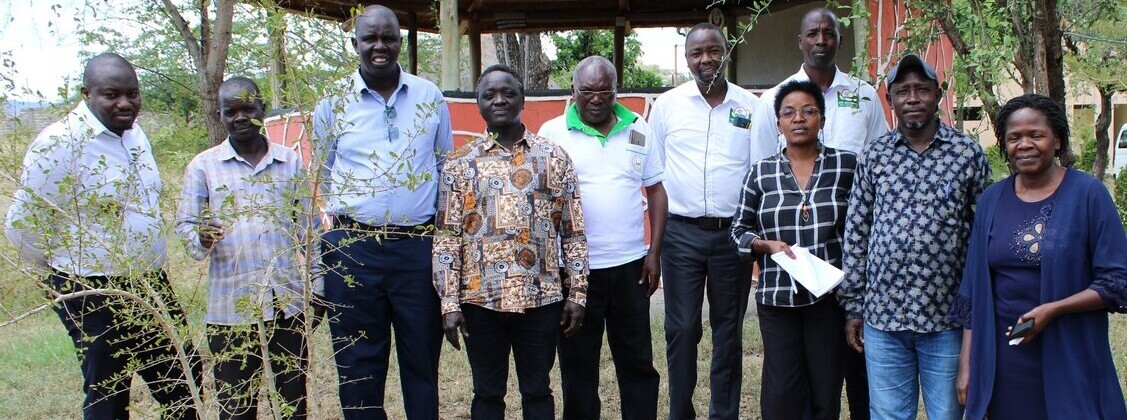
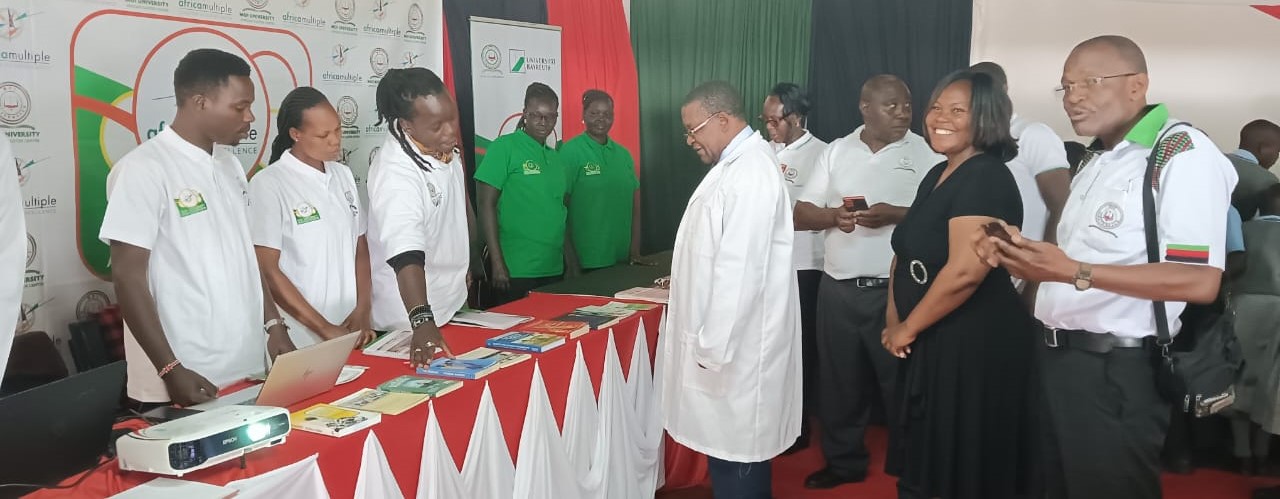
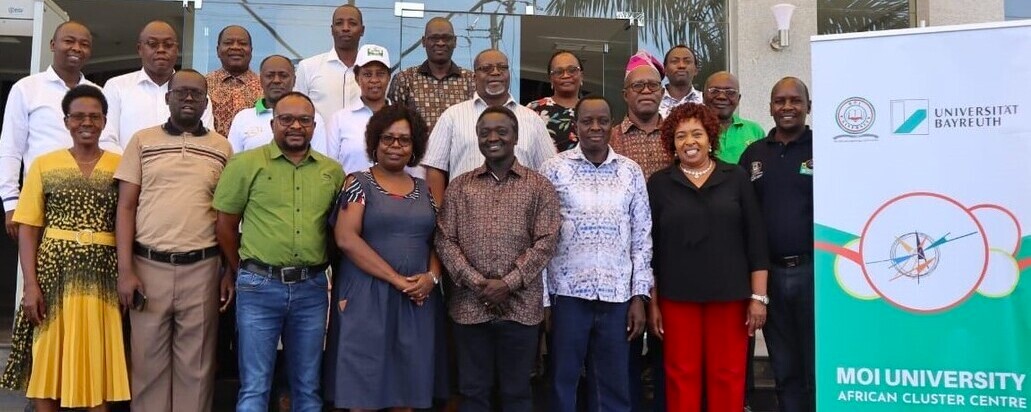
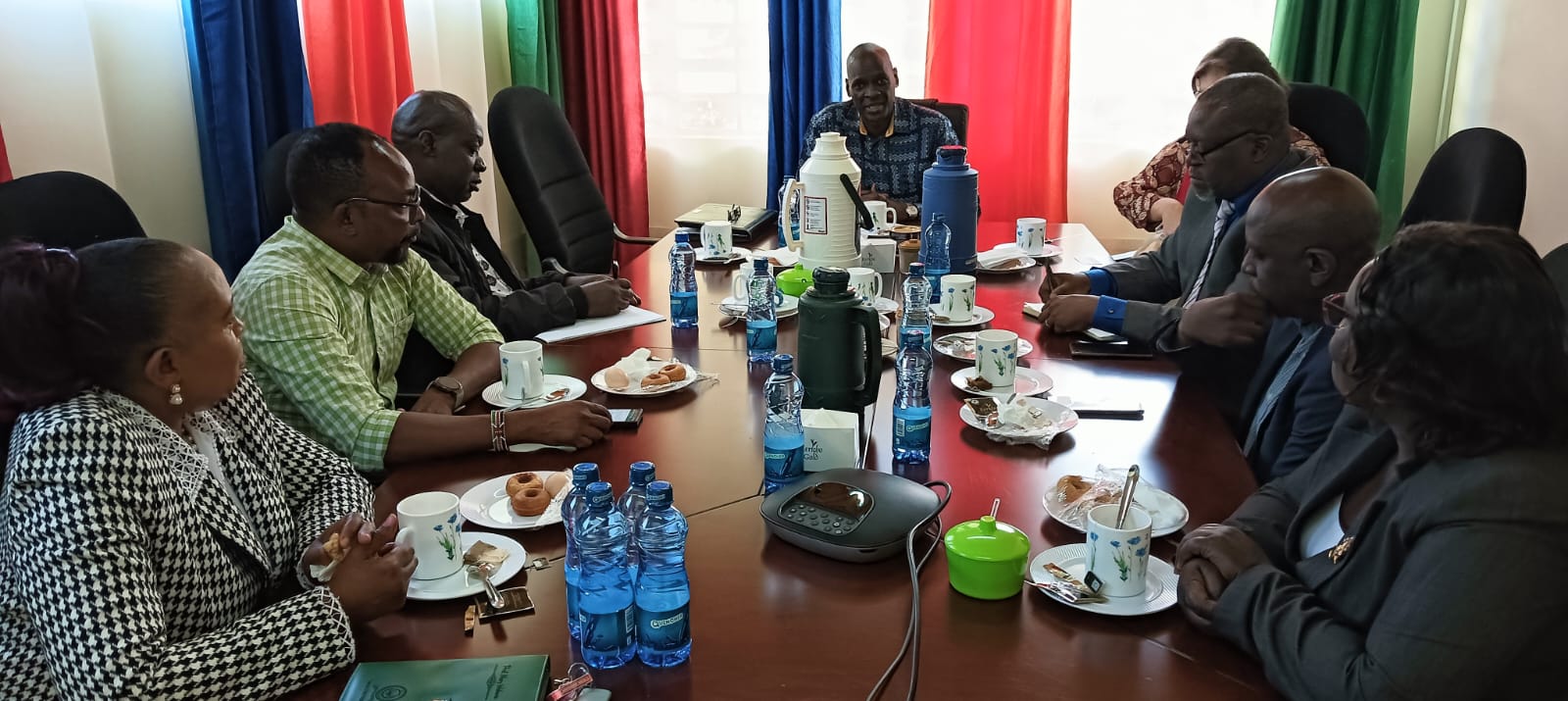
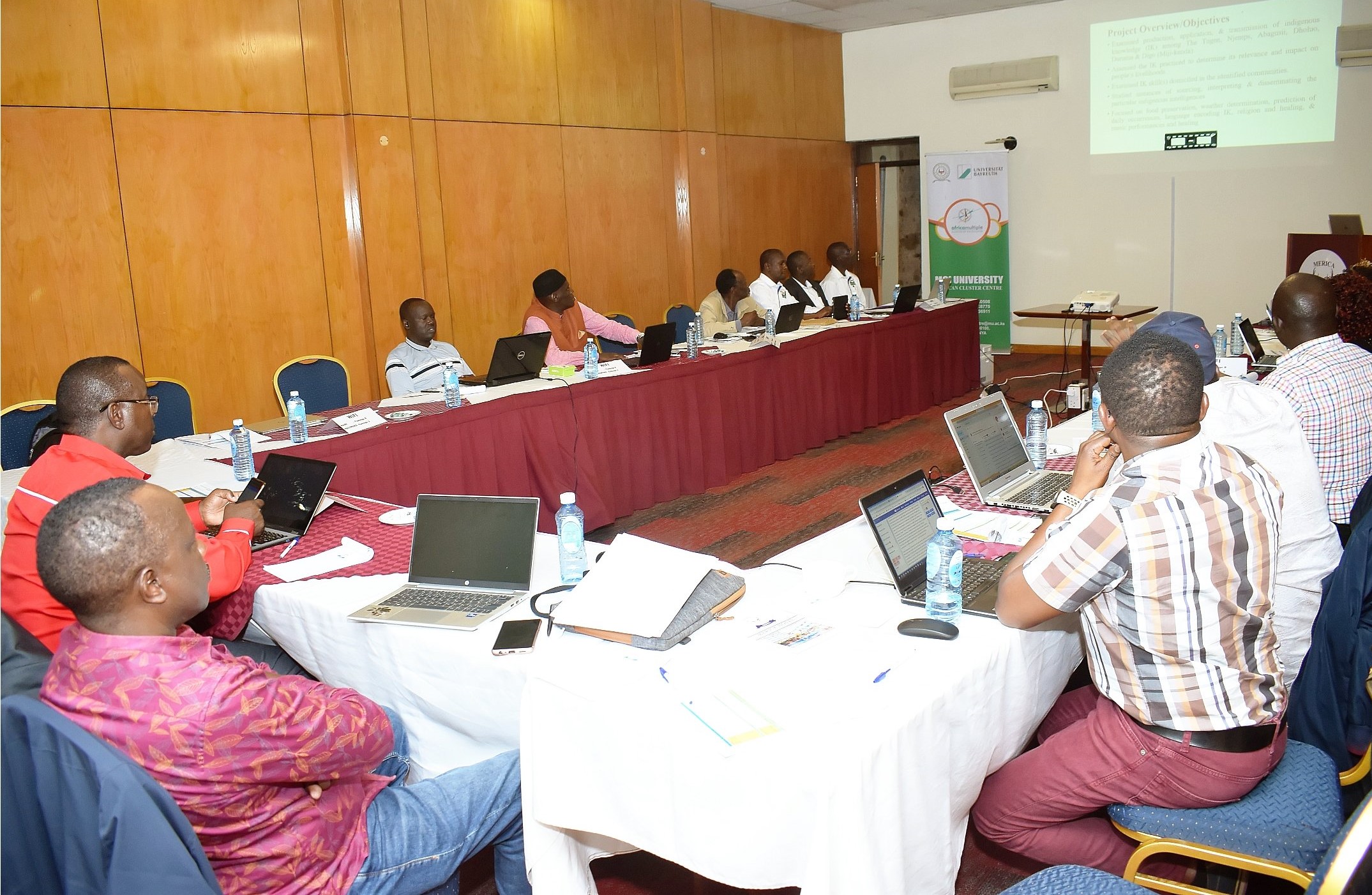
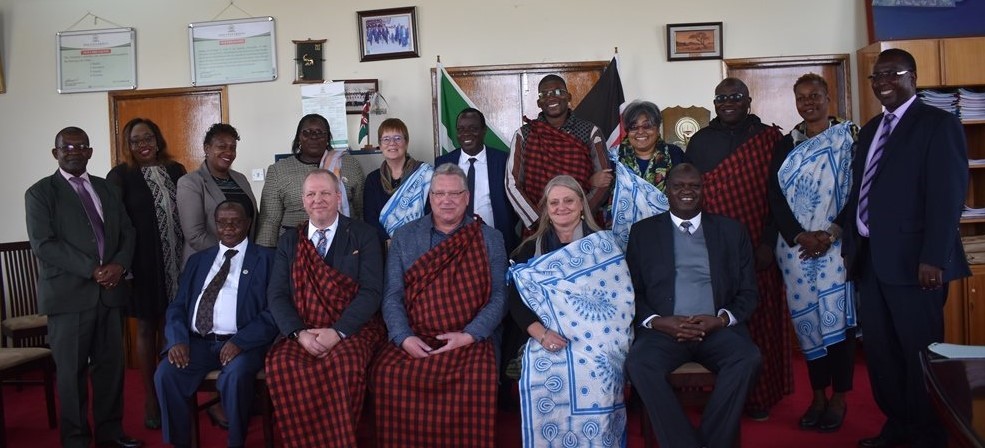
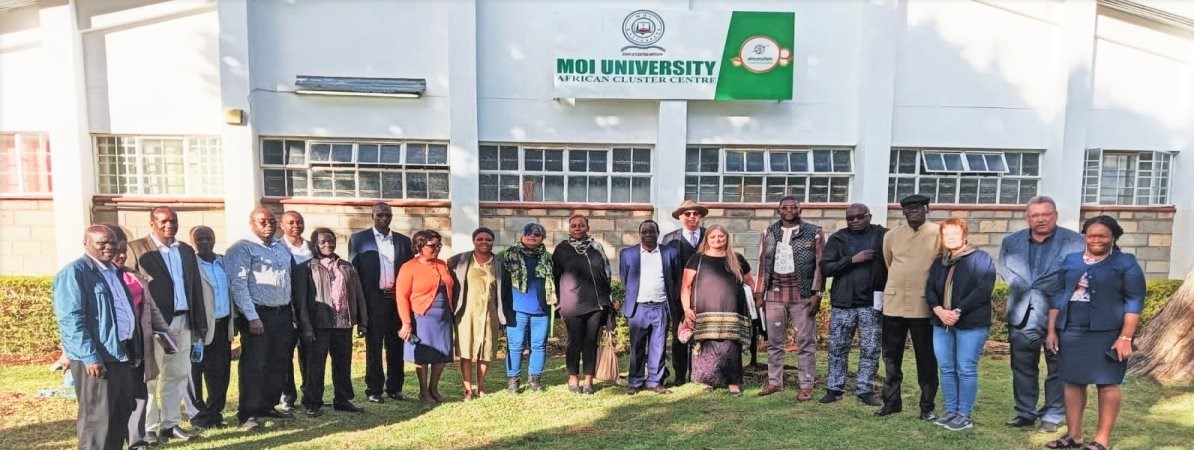
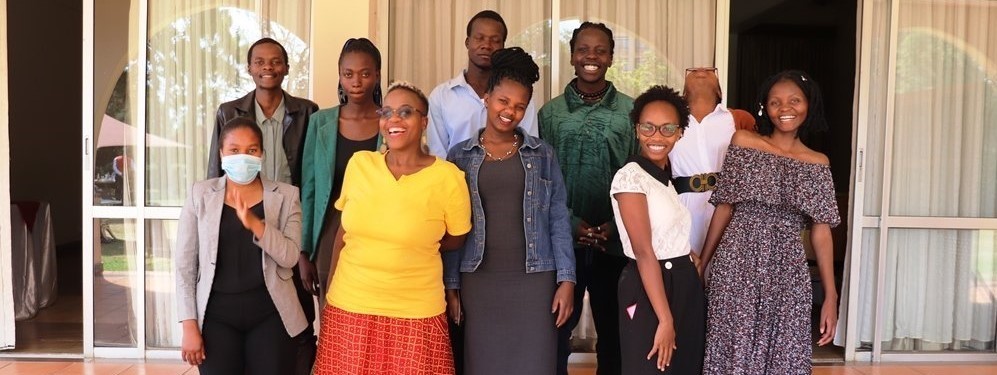
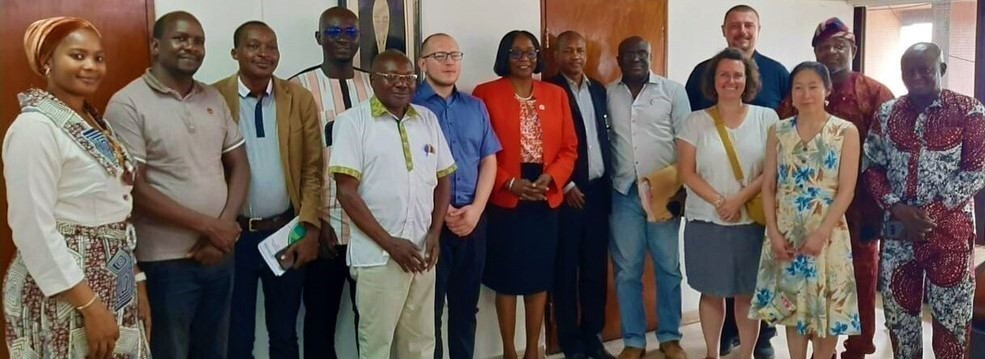
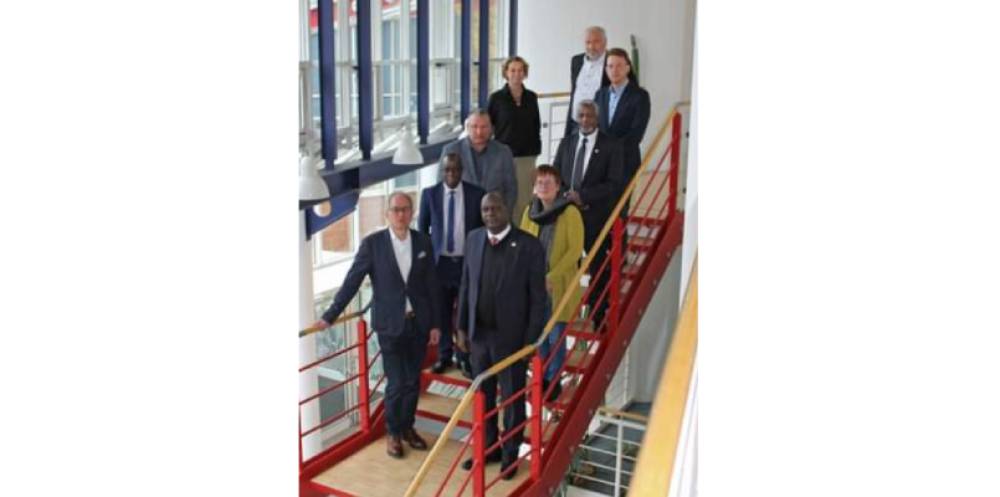
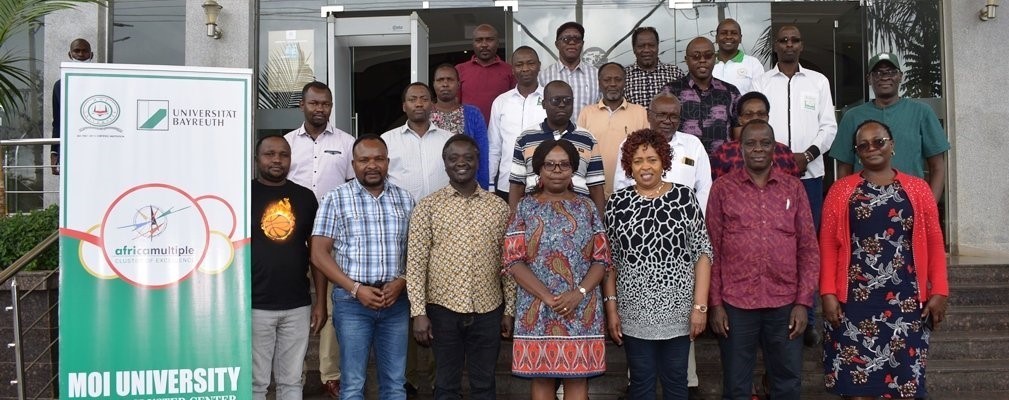
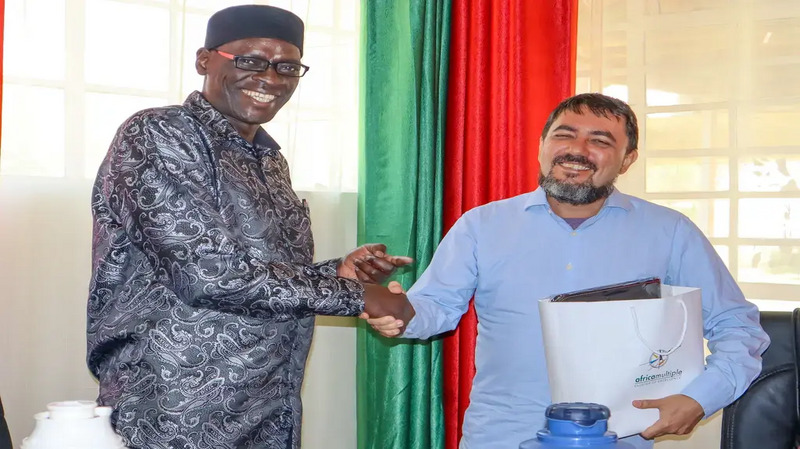
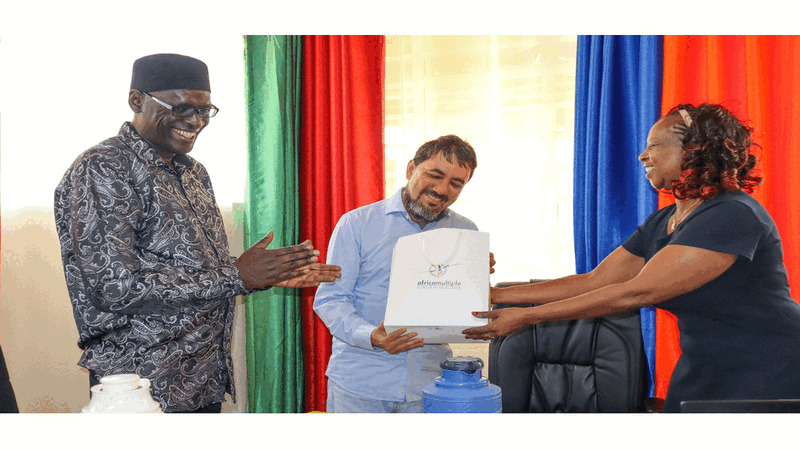
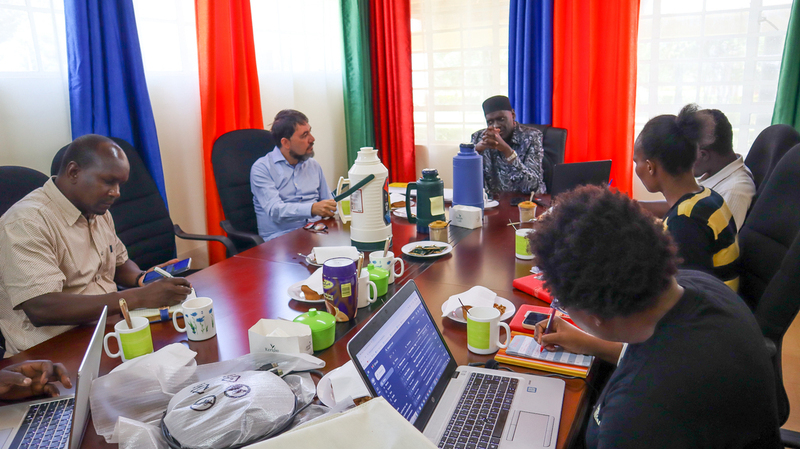
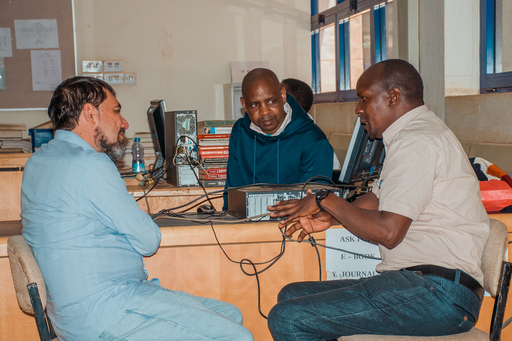
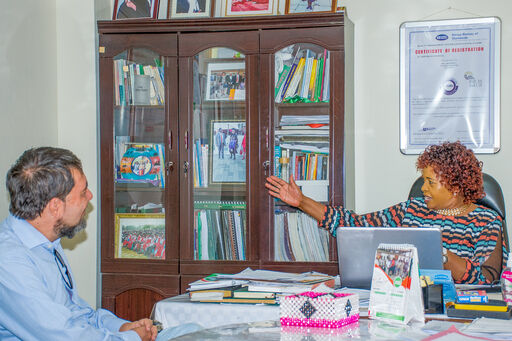
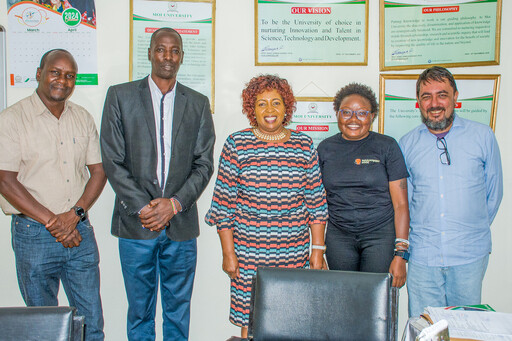
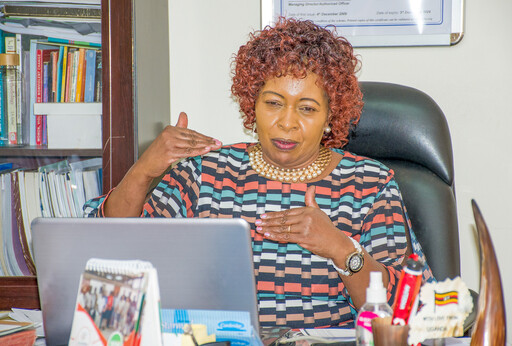
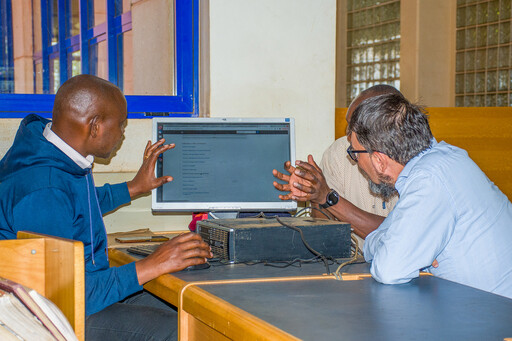
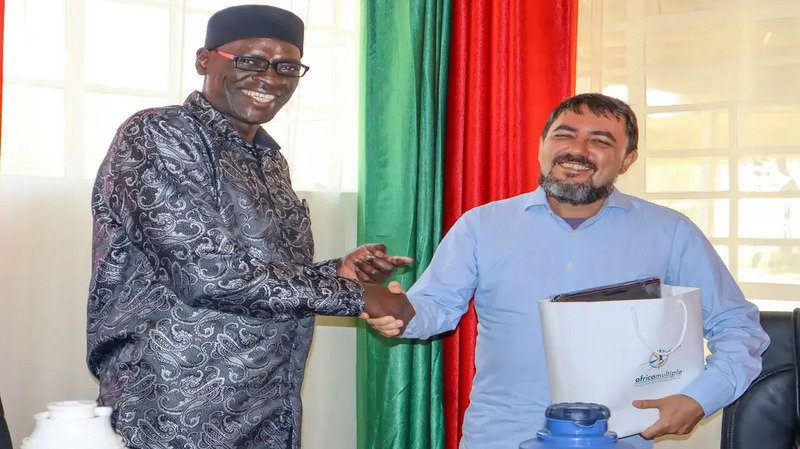
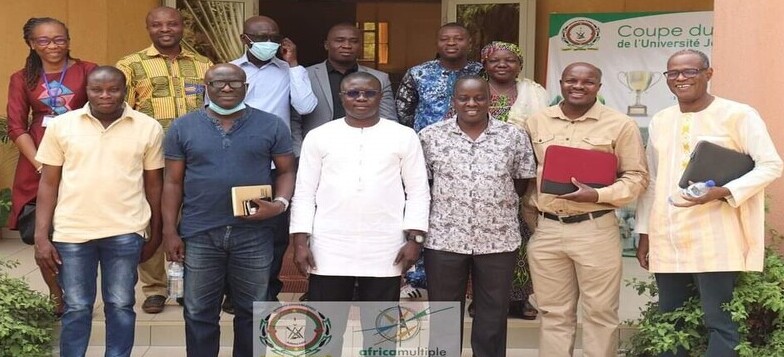
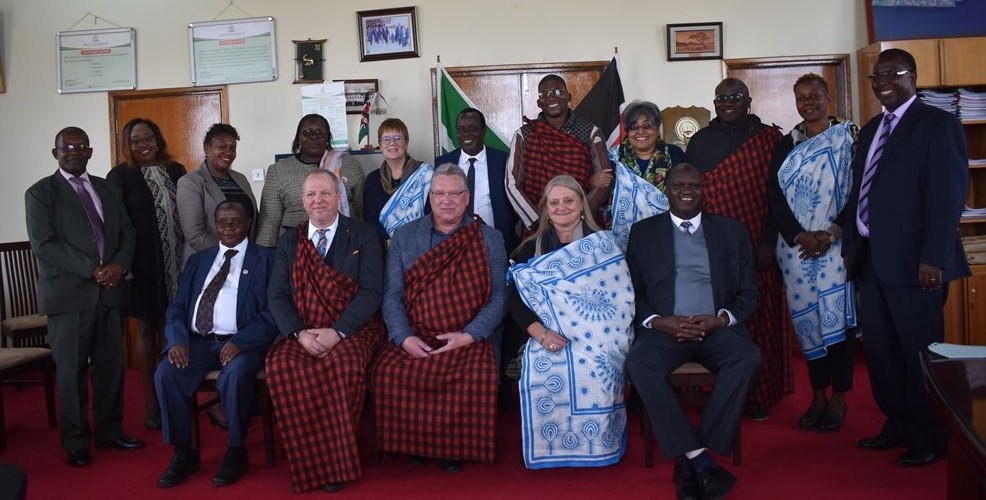
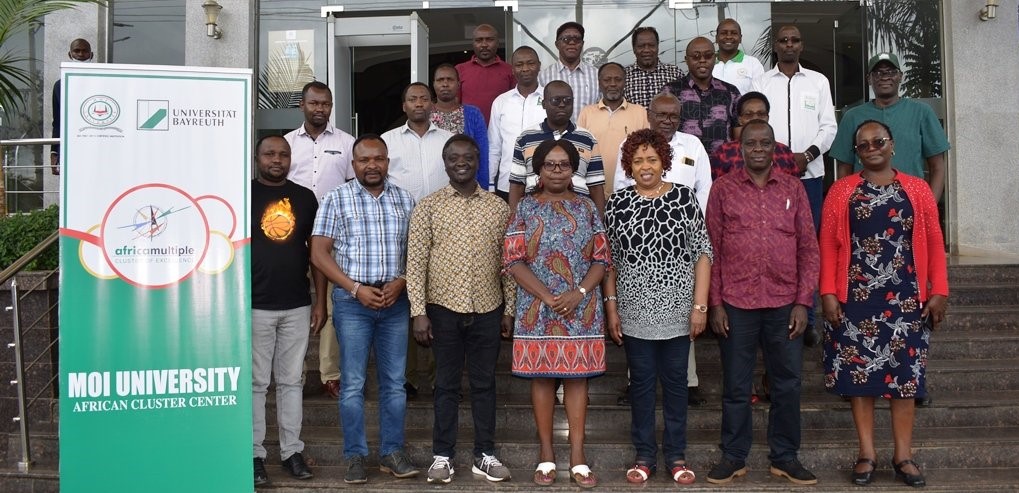
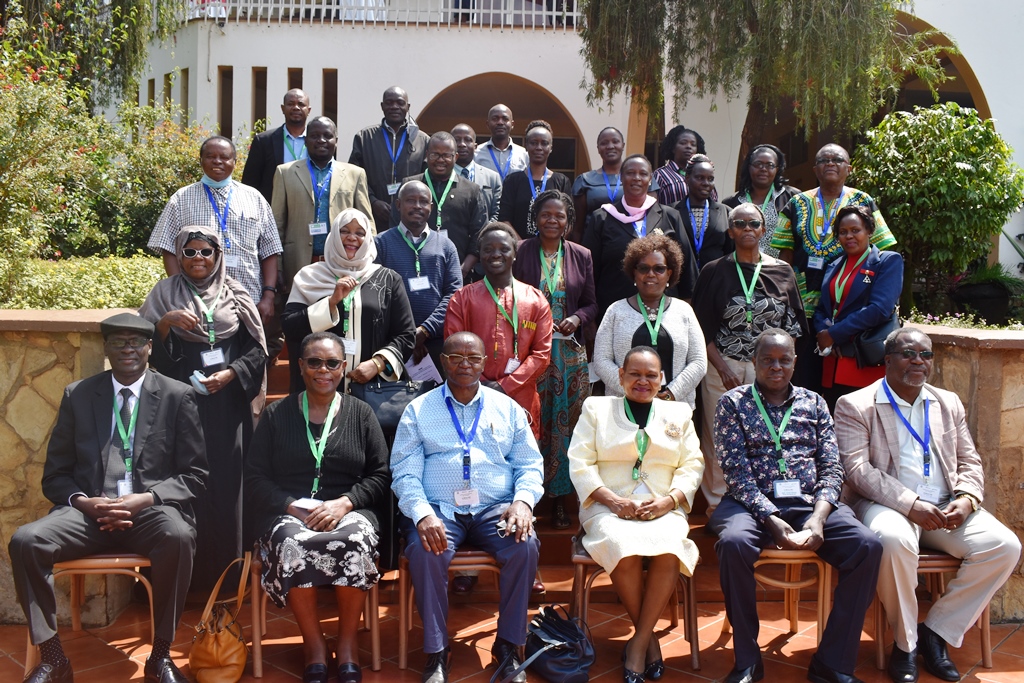
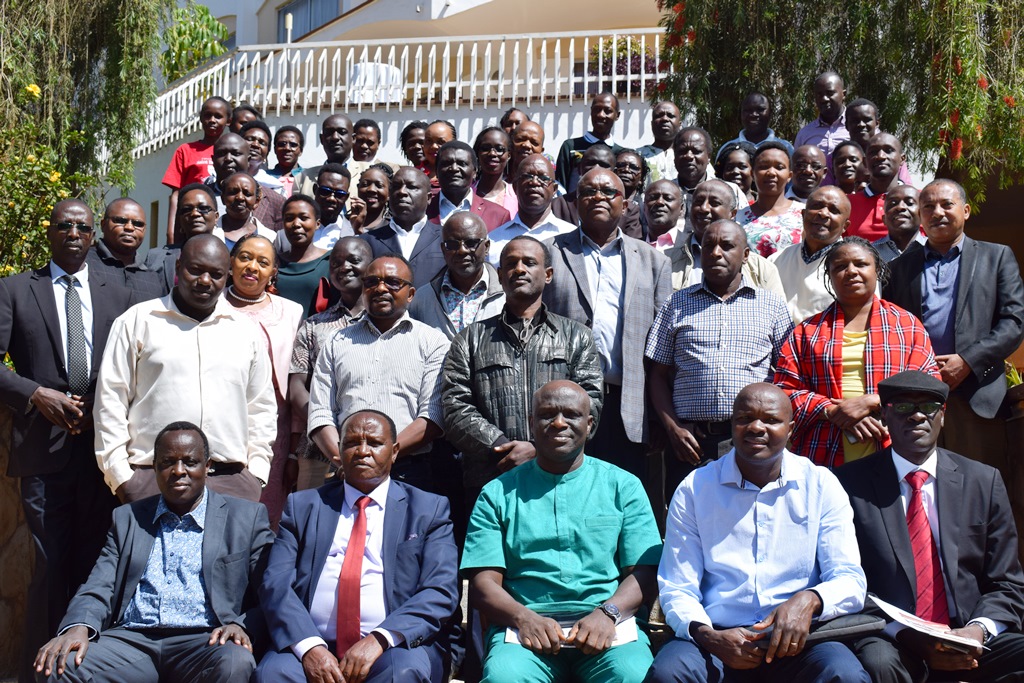
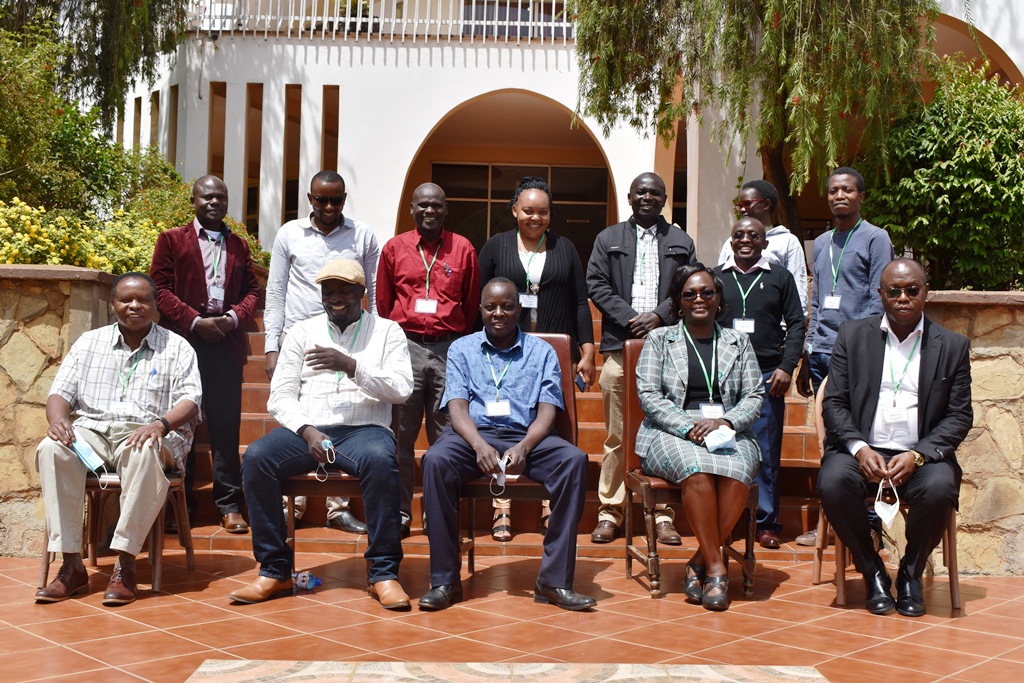

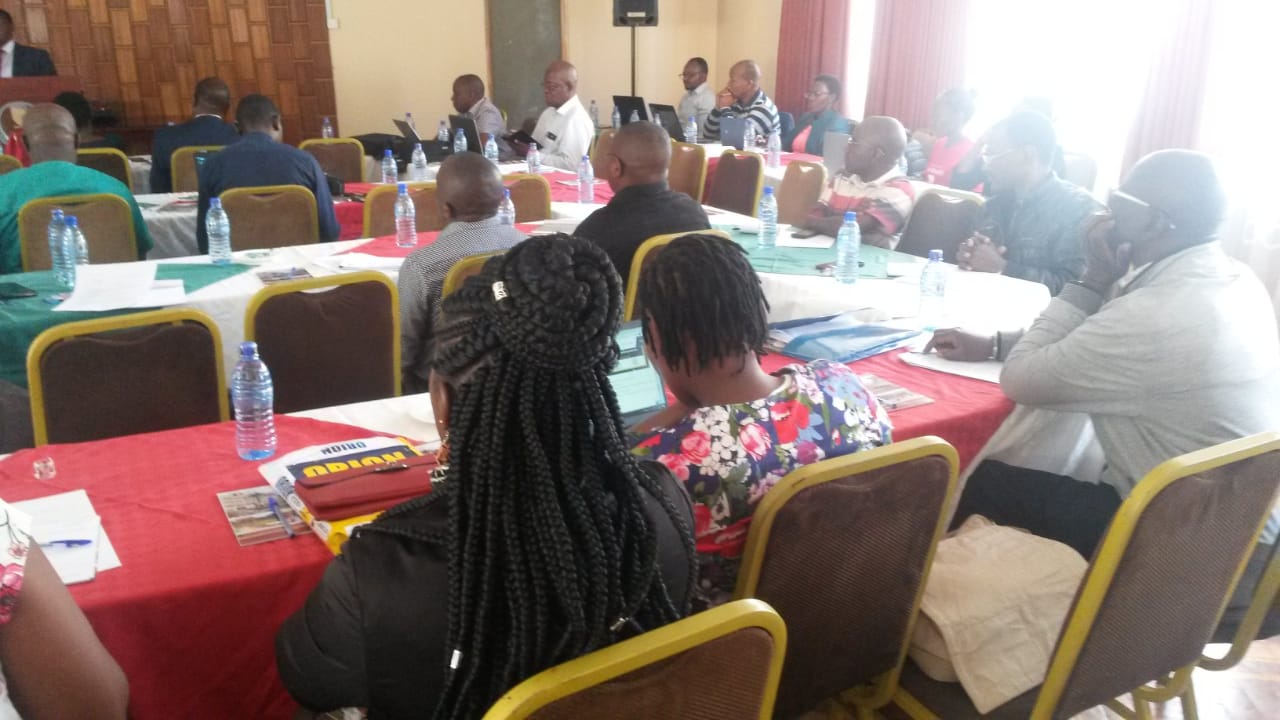

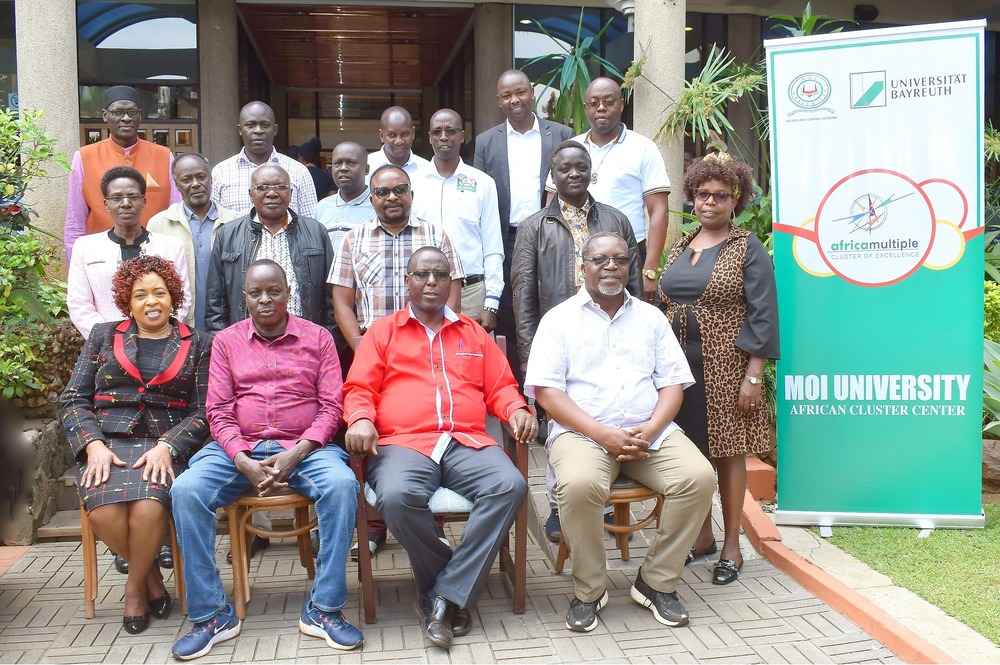
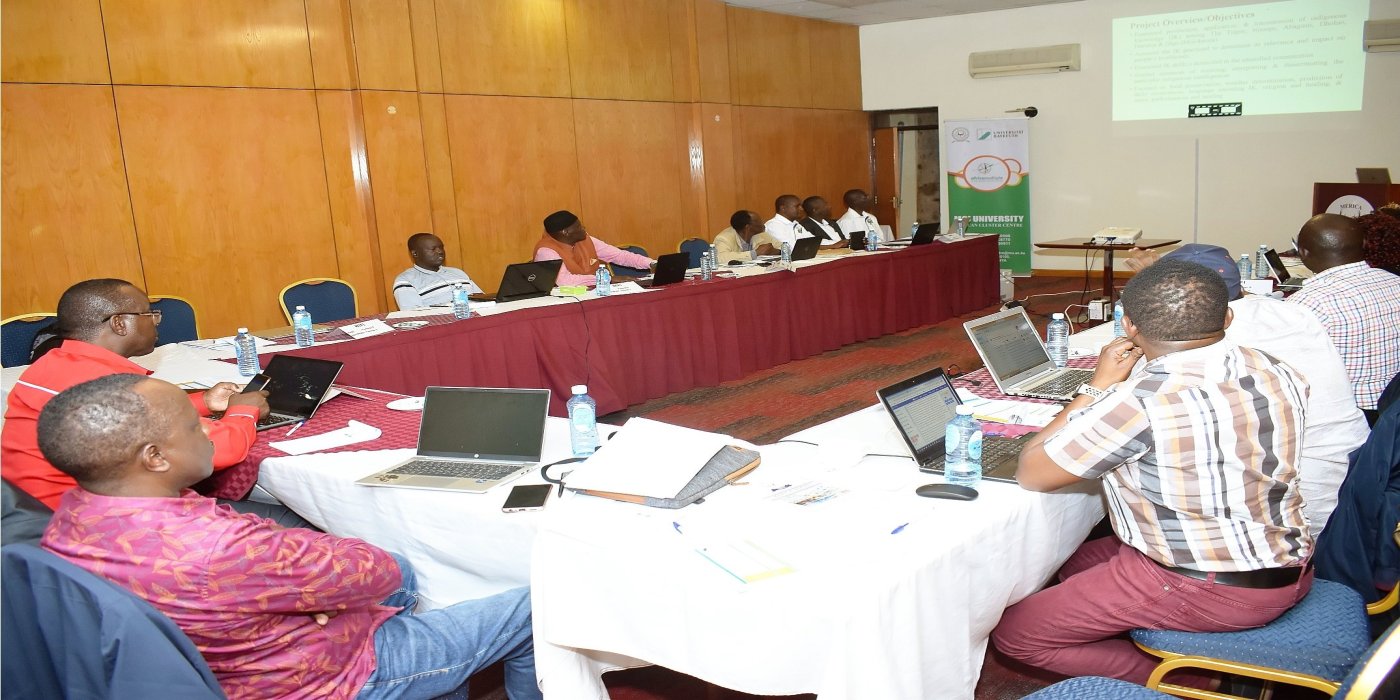
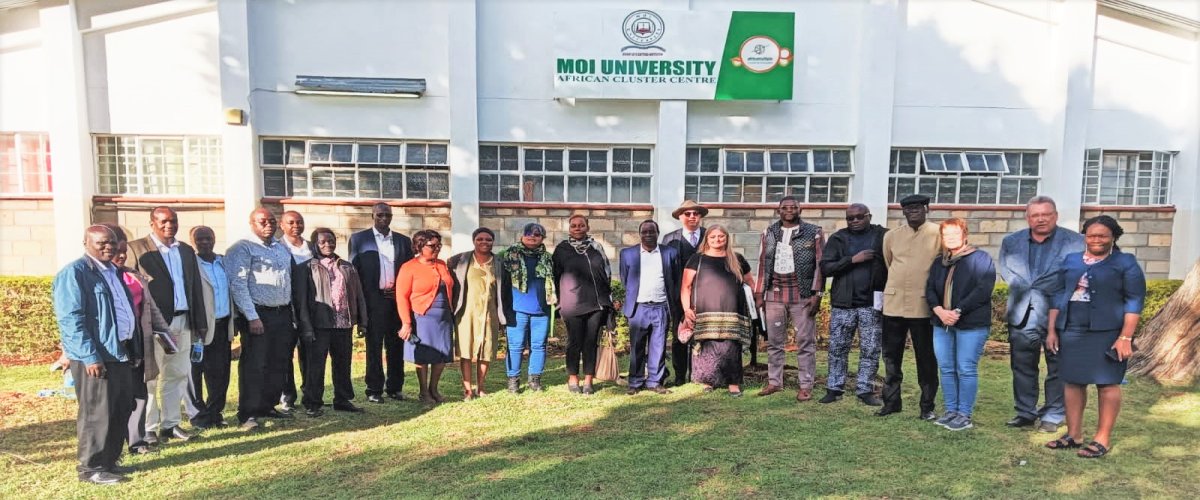
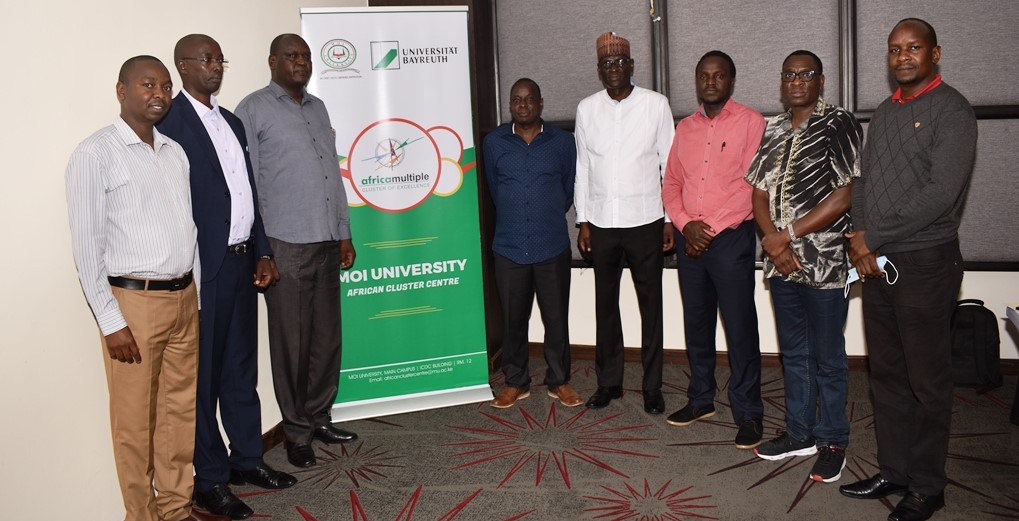
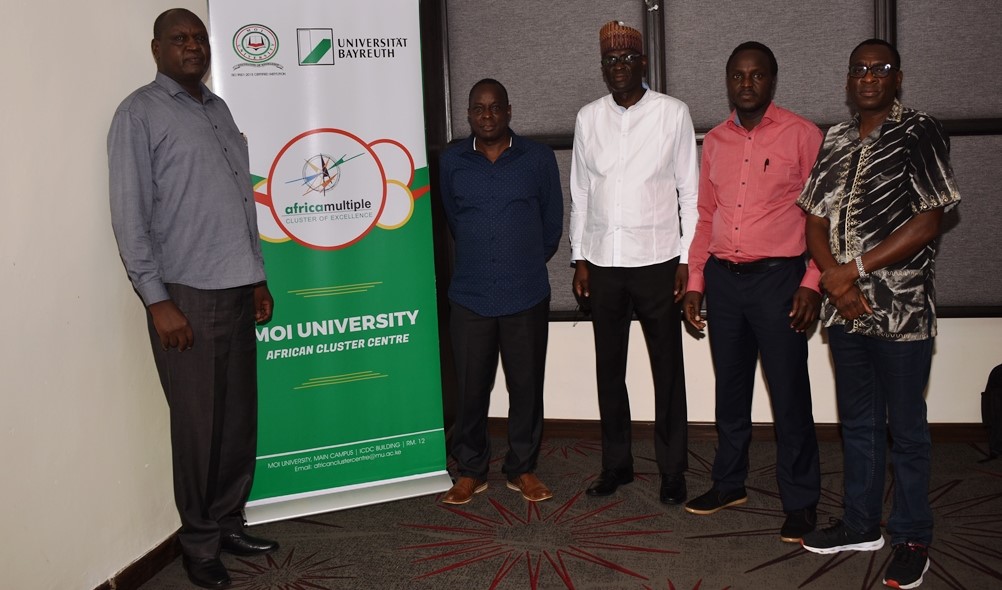
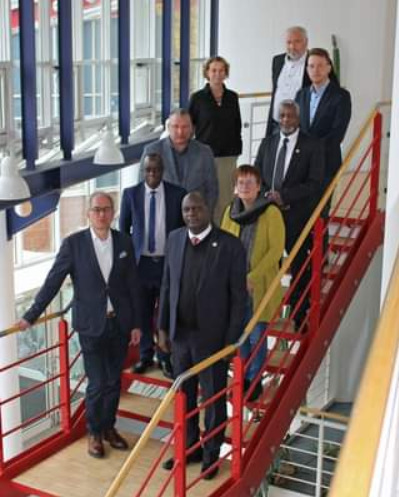
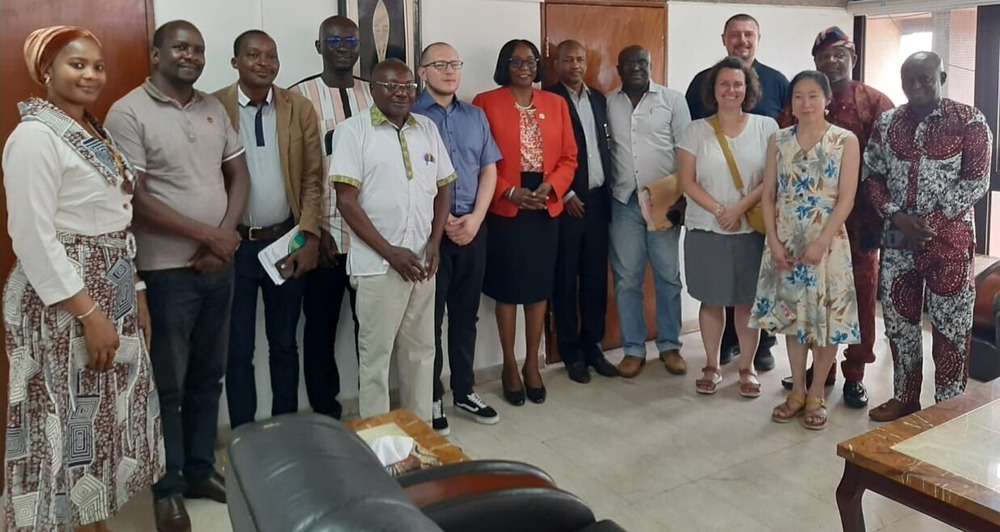




 Prof. Fabio Baqueiro Figueiredo(right)-Research Fellow for year 2024, being welcomed at the Moi African Cluster Centre by Prof. Tom Mboya, Academics Coordinator, Moi ACC on 20th March 2024. Prof...
Prof. Fabio Baqueiro Figueiredo(right)-Research Fellow for year 2024, being welcomed at the Moi African Cluster Centre by Prof. Tom Mboya, Academics Coordinator, Moi ACC on 20th March 2024. Prof... 







